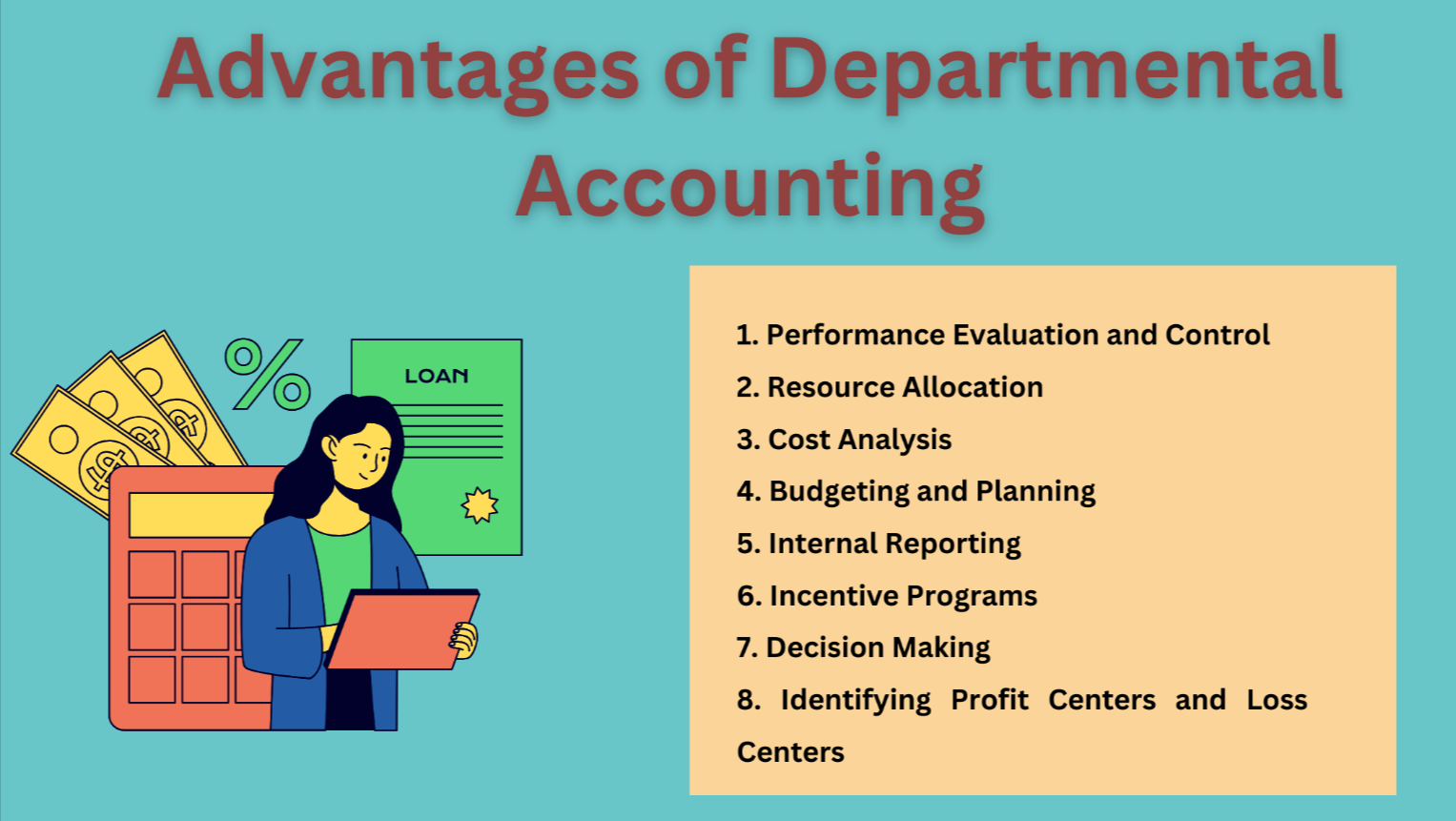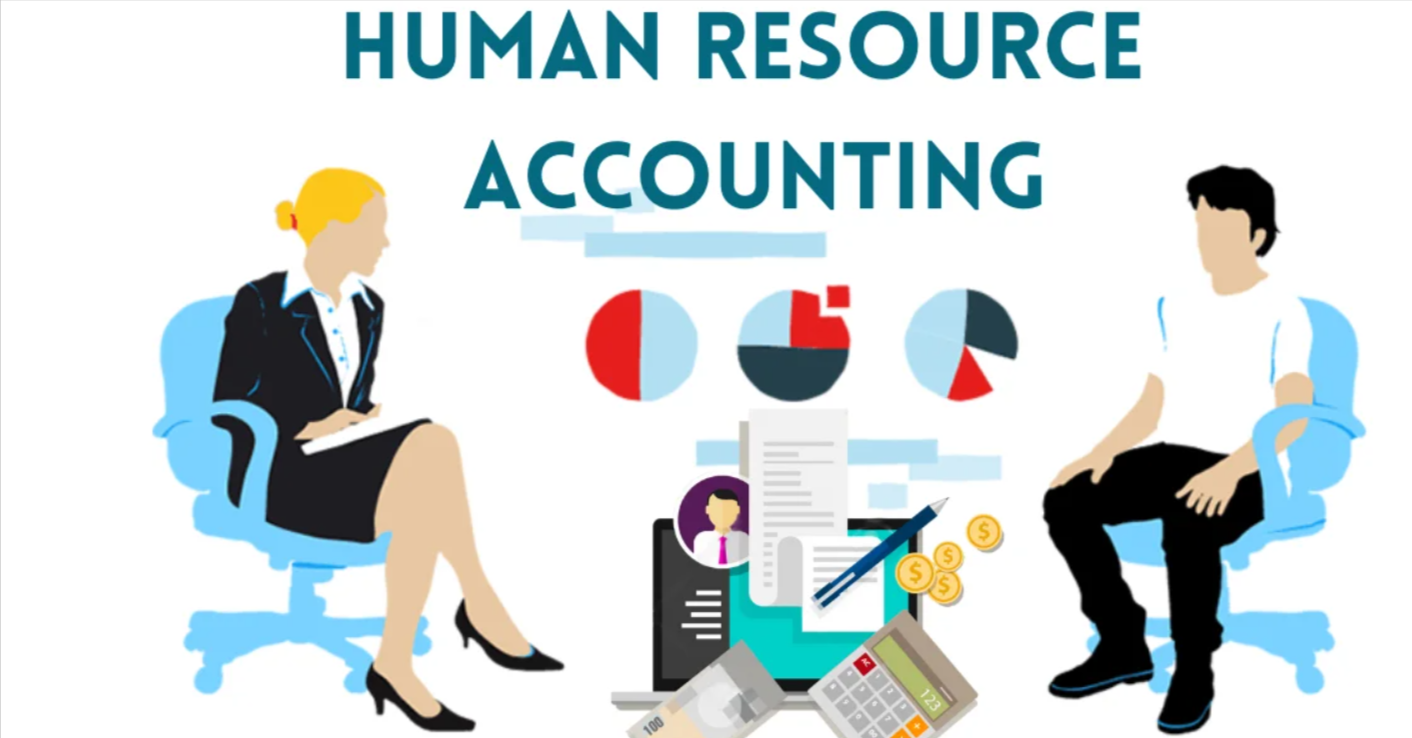To summarize departmental accounting is an accounting system that involves the financial information of a company, firm or other organization is split into various departments or divisions. This specific accounting technique is quite common however, it’s not suitable for every business or business. Why? You’ll find out more when you take a look at the benefits and drawbacks of departmental accounting. And this is exactly what we’re going to discuss this moment. Let’s begin with that will we?
Advantages of Departmental Accounting
1. Better Decision-making
Accounting for departments is beneficial because it helps in making intelligent decisions. If every department has its own set of books, also known as accounting, the person who is in charge of the department can see how every aspect of the business is working. This is crucial to making plans and enables you to make additional money to the company or company and manage the company more efficiently.
2. Smarter Use of Resources
This type of account will certainly show manager’s performance in every department, thereby allowing the allocation of resources to the proper areas. This means that everything the department needs of will be accomplished completely, so that it can expand as needed and similarly it will keep the budget under control to minimize the amount of waste.
3. More Accountability
In the process of keeping track of every department’s finances separately means that everyone’s responsibility is greater. Of course, this will inform the people in charge who are doing well and those who need to improve. This manner, everyone in the control is aware that they must meet the established goals since their work is under constant scrutiny.
4. Easier to Grow or Cut Back
Through departmental accounts, it’s simple to decide which departments to grow or expand, or shut down a particular department, based on the financial reports. The data will reveal what parts of the business are performing well and which aren’t. This will help the business determine where to invest its money to earn the highest results.
5. Drawing in Investors
The fact is that investors generally prefer companies that clearly state what they’re performing and how their cash is effectively managed. Departmental accounting can reveal how a specific part is doing, which makes it simple for investors to decide whether to invest in the particular company. A company that can to demonstrate its departments are efficient and profitable will thus be in a better place to secure investments which are crucial to expansion.
This accounting method can boost its competitiveness since it will have a distinct account for every department. This will encourage each of departments to work better than the others and thus increase the quantity as well as the quality completed. This type of healthy competition may bring more innovative ideas and greater overall results for the business.
Disadvantages of Departmental Accounting
1. Complexity and Management Difficulty
While it’s beneficial however, departmental accounting can make the financial aspects operating a firm more difficult. It can end up being difficult to manage: maintaining more than one account for different departments, as well as being able to see the inside within the departments. This added layer of complexity creates an increase in workload for accounting staff and could make audits a huge problem.
2. Higher Costs
It is evident that you will need to spend a greater amount of money to set up a system for departmental accounting. The expenses can add up in the form of training your employees to purchasing the correct software and then going through the effort to keep every department’s finances in order. If you’re a small-sized business the cost could be excessive compared to the benefits and that’s a factor over the long term.
3. Risk of Poor Coordination
The fact that departments have the financial control themselves can be an obstacle to working as a group because each one has their own way of doing things and it’s difficult to move together in the same direction to achieve the primary objectives of the business. In the worst case, inconsistency leads to performing the same tasks repeatedly, often at the very least. It could result in internal conflict and make the work of the organization a complete chaos, or chaotic, to put it simply.
4. Data Security Concerns
In the case of departmental accounting the financial details for a larger amount of people will be increased which increases the chance of a leak or misuse of data. If you’re already operating on a budget and aren’t able to spend many dollars on accounting processes similar to smaller businesses and smaller businesses, it’s extremely difficult for them to think about the need to have additional security levels just to increase the cost and level of complexity.
6. Resistance to Change
It is evident that the team could encounter a blockage when trying to bring in the roll-out departmental accounting into the workplace that isn’t familiar with it. It is understandable because this happens every when you introduce a new thing to the workplace. This isn’t necessarily a major disadvantage of departmental accounting. It’s just an issue to be overcome.
Final Thoughts
Now you can are able to understand why certain businesses or companies choose the path of departmental accounting, and how some people avoid it. Right? We hope this article has made it much easier for you to comprehend the complexities related to this departmental accounting process.




